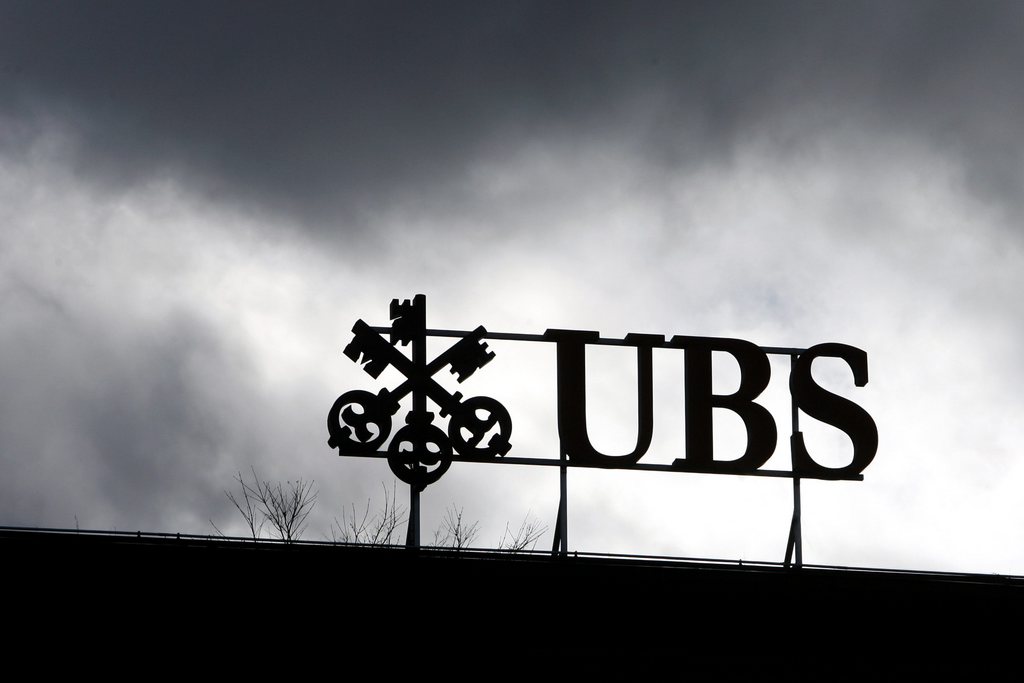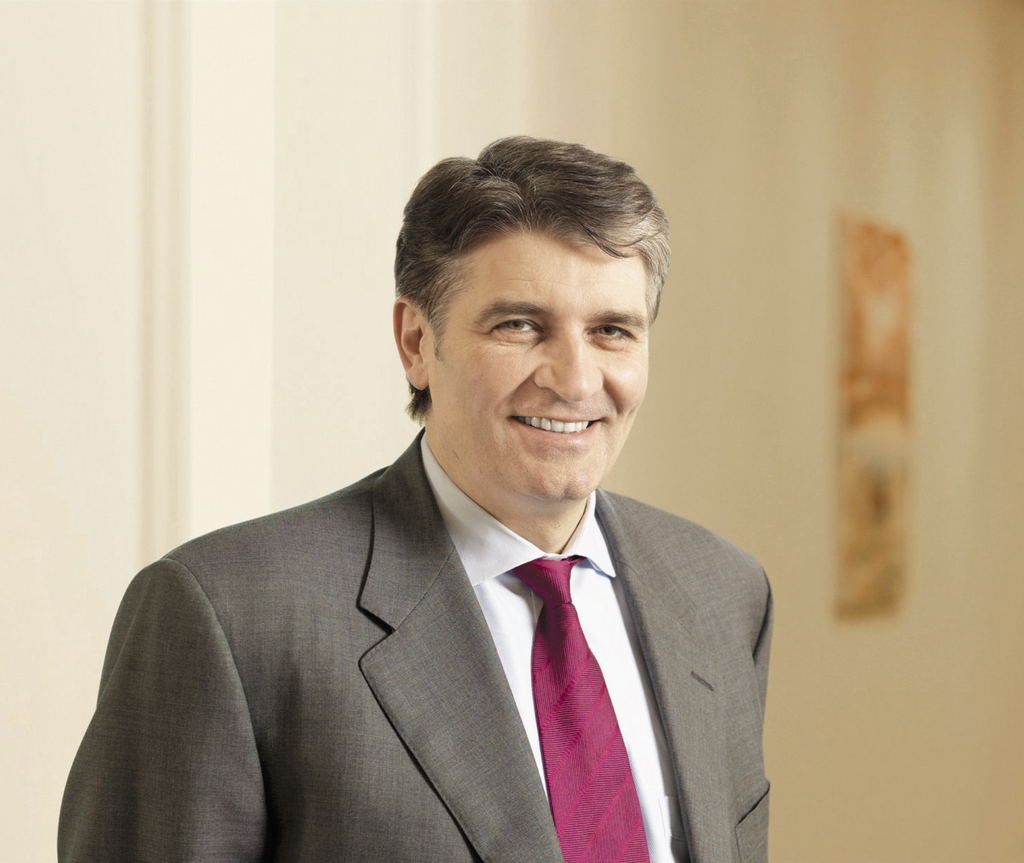
Swiss banker arrest may be tip of iceberg

The arrest of former UBS wealth management boss Raoul Weil in Italy at the weekend has sent out a stark message that there is no place to hide from United States prosecutors seeking payback for years of Swiss-sponsored tax evasion.
Weil is the biggest fish among a number of bankers and lawyers previously indicted by the US courts, some of whom have already taken their punishments while others remain hiding in Switzerland. But there are fears that the list of prosecutions against individuals could grow despite a Swiss-US deal in August that promised to solve the dispute.
The agreement, hammered out after months of negotiations, allows banks to send large information files of their US business dealings to the US authorities. This information includes names of bank employees in contact with US clients and other banks to which these customers transferred their assets.
Most tellingly, the US refused to meet Swiss demands for immunity from prosecution for those people named in the data.

More
Italian police arrest ‘fugitive’ Swiss banker
More charges
Peter-René Wyder, of the Swiss Bank Employees Association, believes life could become increasingly uncomfortable for many bankers involved in cross border US business over the past few years.
“About 25 people are probably already accused [by the US of tax evasion offences],” he told Swiss public television, SRF. “How many will be added to that list we do not know. But it’s a very uncomfortable situation because there is no immunity from prosecution.”
“People who hold positions with a certain level of responsibility and those who were on those data lists handed over to the US authorities [under the terms of August’s Swiss-US treaty] will have to reassess their situation, and in the worst case not leave Switzerland anymore.”
The Swiss Association of Financial Advisors accused the government of caving in to US bullying when the August deal was signed and has since persistently demanded better legal protection for its members.
Former UBS banker Bradley Birkenfeld started off the process against the bank by blowing the whistle on tax evasion practices.
In 2009 UBS was forced to pay a $780 million fine and hand over client details while Birkenfeld was imprisoned for 40 months for failing to reveal all of his actions.
In 2008, senior UBS banker Martin Liechti, was arrested in Florida and held under house arrest until he testified against his bank. He was then released and allowed to return to Switzerland.
Liechti’s testimony is believed to have led to the indictment of his boss Raoul Weil in November 2008. Weil was declared a fugitive the following year after failing to respond to the indictment.
If extradited to the US, Weil faces up to five years in prison if convicted.
UBS employee Renzo Gadola was handed the light sentence of five years’ probation in 2011 after cooperating with the US authorities following his arrest in 2010.
UBS banker Christos Bagios, who later worked for Credit Suisse, was also handed a mild sentence by a US court in 2012 and released after similar cooperation.
ʻScare tacticsʼ
Geneva-based lawyer Douglas Hornung, who represents bank clients fighting against having their names handed over, said it was impossible to know where US prosecutors will draw the line when targeting individuals for their alleged role in tax evasion offences.
“The US is employing scare tactics to teach everyone a huge lesson,” he told swissinfo.ch. “Small secretaries are hardly likely to be bothered, but the US has demonstrated that it is determined to keep going against the most important players.”
“It is not just executives who implemented wealth management policy who may be concerned, but also those people who managed the accounts.”
Swiss banks have long since counseled employees and former staff who were directly connected with US clients not to travel to the US for fear of arrest.
Hornung added that Weil, if extradited to the US, could choose to spill the beans on UBS’s cross-border activities in an effort to reduce his sentence – the same route taken by previously arrested Swiss banking executives.
Four employees of the German branch of the Swiss UBS bank are currently being investigated by the prosecutor’s office in the German city of Mannheim on suspicion of helping clients evade tax.
The news was revealed on October 22 by the Stuttgarter Nachrichten newspaper, and confirmed by the legal authorities.
The four have not been named, but are said to include managers.
The state prosecutor told the newspaper that the homes of the four had been searched as had the UBS central office in Frankfurt, and that a large number of records had been seized.
The home of a bank client resident in Munich had also been searched, the prosecutor said.
The man is suspected of transferring a seven-figure sum to Switzerland with the aid of the bank.
Who next?
The Swiss media, such as the pro-business Neue Zürcher Zeitung (NZZ), is wondering how Weil’s potential testimony could affect even higher placed executives who controlled UBS at the time. As head of global wealth management, Weil could be held to account for both helping formulate bank policy and implementing those decisions on the ground.
Top UBS managers at the time have consistently denied knowing the daily details of cross-border US business, but Weil took part in the same executive decision-making meetings with the loftiest of bosses.
The media are keen to point out that Weil’s indictment followed the testimony of a UBS underling, Martin Liechti, who was arrested in Florida in 2008.
“Practically the whole of Switzerland knew for decades that the adoption of untaxed assets was part of the business model of domestic banks,” the NZZ said in an editorial on Tuesday.
“The mere adoption of untaxed assets is still not illegal Switzerland, and not even considered a crime in many other states. However, once special concealment measures are added the picture starts to look different.”
The newspaper also took a swipe at Switzerland’s financial regulators for turning a blind eye to the tax evasion merry-go-round.
Banks collapse
Two smaller Swiss banks have already paid a higher price for attracting US criminal prosecutions. Last week, Bank Frey said it was ceasing its operations, to add to the collapse of Bank Wegelin earlier this year.
But while Wegelin partners have already travelled to the US to take their personal punishments, those indicted in connection to Frey have yet to face the music.
Around 13 Swiss banks or Swiss-based operations of foreign banks are currently prime suspects in the ongoing US tax evasion investigations. Last month, the mid-sized Rahn & Bodmer private bank said it had joined that list, but there is no indication that formal charges have been brought against the bank or individuals.
Meanwhile Weil himself appeared for the first time in court in Bologna on Tuesday, accompanied by lawyers. The hearing was held in camera. He will remain in prison until the Italian Justice Minister decides whether he can be extradited.

In compliance with the JTI standards
More: SWI swissinfo.ch certified by the Journalism Trust Initiative





























You can find an overview of ongoing debates with our journalists here . Please join us!
If you want to start a conversation about a topic raised in this article or want to report factual errors, email us at english@swissinfo.ch.